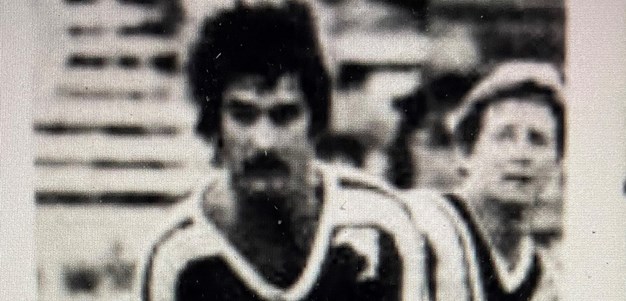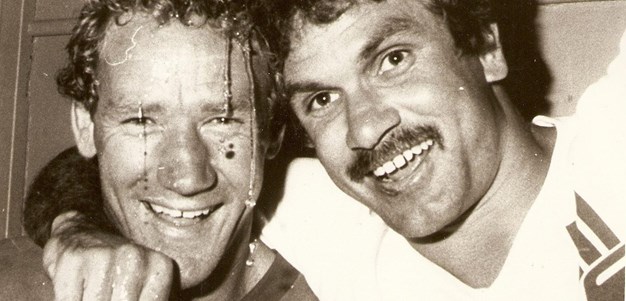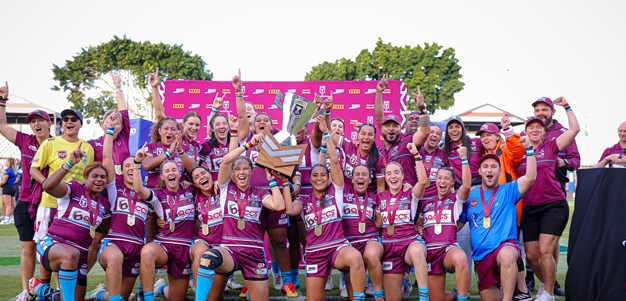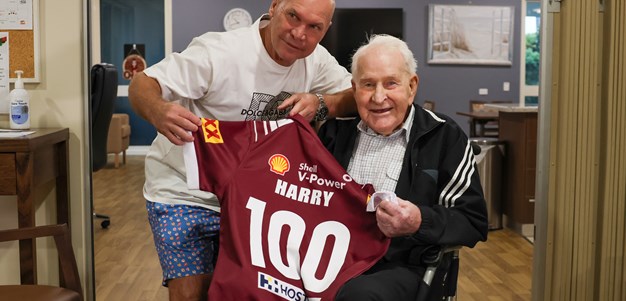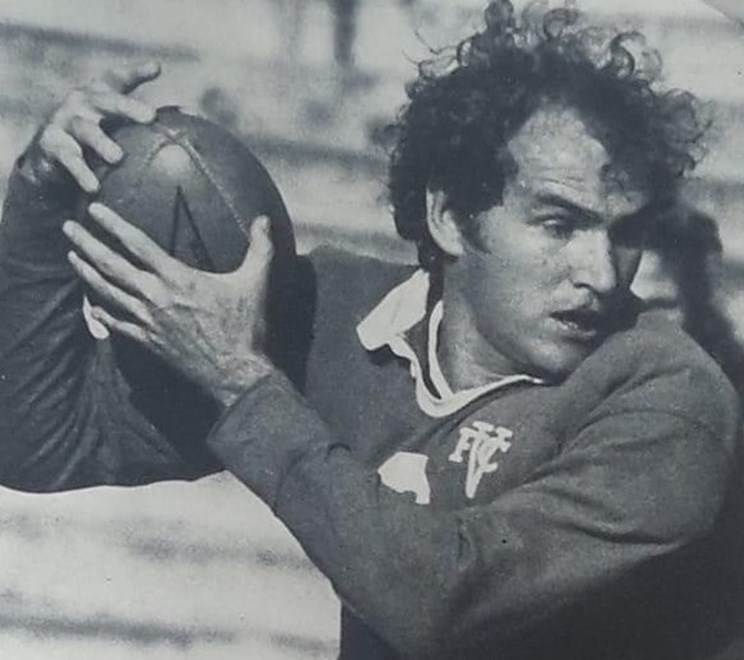

When Valleys coach Henry Holloway picked Ron Gurnett in first grade after coming across from Kedron AFL, he probably didn’t know he was creating a lifelong Diehard.
For the next decade Gurnett would play for Valleys and never consider anything but Valleys and his royal blue love.
Ron Gurnett Q&A
You made your debut in 1967 against Wynnum what do you remember about it?
"I had previously played Aussie rules with Kedron. I did play a few games of league. When Kedron had a Saturday game, I went with my workmates to the Public Service comp and played in the centres. I trialled with Valleys and played reserve grade for the first round of fixtures, and then Henry Holloway picked me to play lock in the A grade team to play Wynnum. I had no experience in the forwards or what was required of a lock forward. Henry gave me a licence to roam and I was pretty fit in the early days. I just tackled everything and made myself a nuisance in attack. I remember I got three points in The Courier-Mail best and fairest for the day, so all worked out."
Norths were the dominant side in the 1960s, winning eight premierships in Brisbane. You made finals your first two years and knocked them out in 1968 and you kicked two field goals - that’s a good start.
"Field goals were worth two then and the four-tackle rule had just come in, so the four points from two field goals was handy."
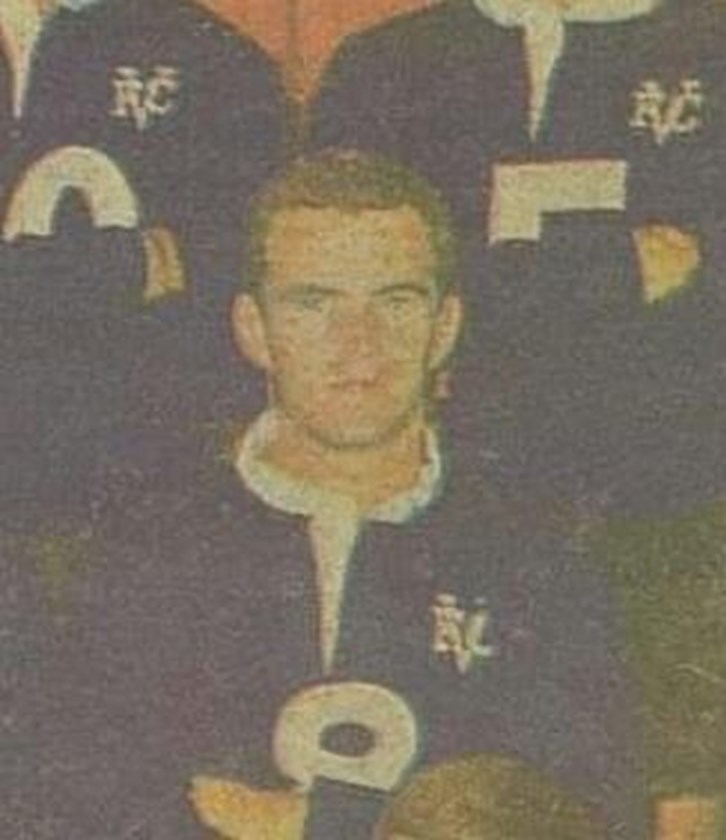
You lose the grand final in 1969 to Norths, but then the Valleys era starts from 1970 with five grand finals and four wins. You had some bad luck with grand final injuries - how frustrating was that?
"Bit disappointing. I had two major injuries in my career. I had a groin muscle tear towards the end of the third round. It didn’t respond to any treatment. I was referred to a specialist who gave me a cortisone injection in the groin, which seemed to settle the problem. I tore it again in the grand final against Norths. I had to rest it and was back playing C grade by the end of the third round in 1970. Valleys had a stacked side and we won the premiership. In 1972, I was playing Wests at Lang Park in the last round. Wests had a strong side and were undefeated at that stage. I clashed with their two front rowers and came off second best, breaking my leg in two places and badly dislocating my ankle. Valleys thought it might be the end of my playing career. The breaks healed well and with lots of rehab to recover, I was back playing in last round of the following season in 1973 and was on the bench for the 1973 grand final against Redcliffe."
1974 Valleys v Brothers and it's your chance to shine on grand final day.
"Finally. It was a miserable day and it rained throughout the whole match and we were up against Brothers who had a really strong side. I don’t think it would have been too much of a spectacular game to watch, no tries and it was just a tackle fest."
What’s something that made Henry Holloway different?
"Henry was a master coach. He was the standout coach of that era. He was a character who had the full support of all his players, he was pretty straight and you knew exactly where you stood with him. Particularly if he felt you needed a push in the right direction. Henry helped and guided me for nine years and was a champion coach."
Did you get any other offers to leave Valleys?
"I have never said this, but I had two approaches by two clubs. The first was by Wynnum and the second was Brothers just after the 1974 grand final. Both of them didn’t get to the offer stage as I informed both clubs I wasn’t interested in leaving Valleys."
Why does Valleys always seem to re-invent itself? What makes it such a resilient club? Valleys dominate the first half of the 1970s then come back the end of the '70s.
"The Diehard spirit has always been strong at Valleys. It was ingrained in the history of the club before I arrived in 1967 and is still strong. You always felt very proud to wear a Valleys jumper and you didn’t want to let your club or team mates down. This spirit is still alive today with the Valleys seniors and their team in the BRL."
